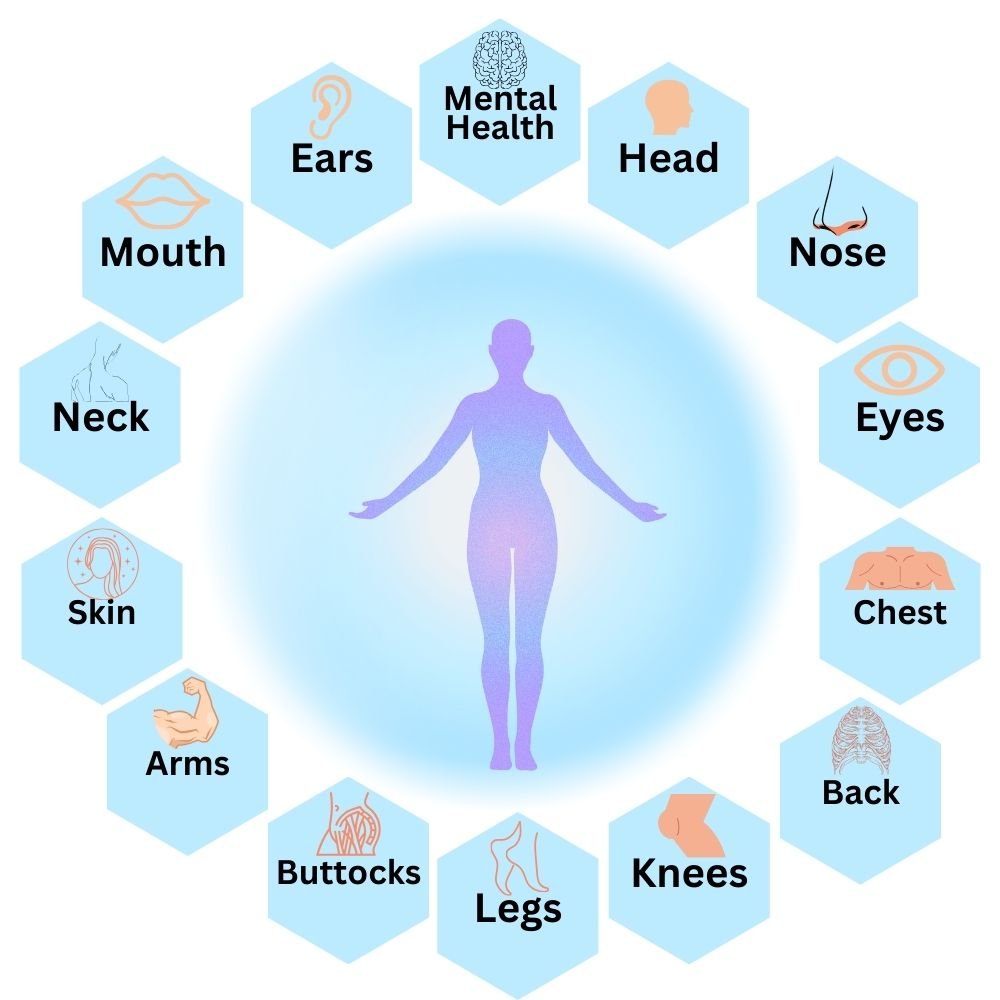Behcet’s Syndrome is a rare and chronic autoimmune disorder characterized by inflammation of blood vessels throughout the body. Named after the Turkish dermatologist Hulusi Behçet who first described it in 1937, this syndrome can affect various parts of the body, including the mouth, genitals, skin, and eyes. While its exact cause remains unknown, it’s believed to involve a combination of genetic predisposition and environmental factors.
Post Views: 34










